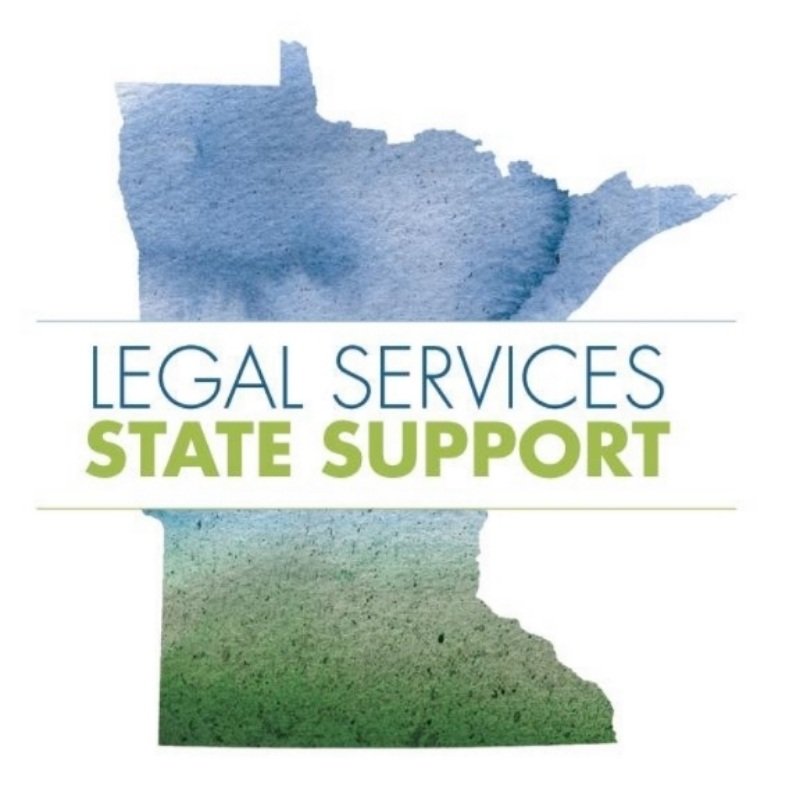Minnesota Lawyer’s recent article Hennepin court’s return to in-person eviction hearings draws criticism, takes on the issue of how the need to physically appear in court can make a significant impact on the outcome of a case. Because of the backlog of pandemic-related eviction cases and the end of the moratorium, Hennepin County District Court has returned to in-person hearings for many cases. After a significant period of remote hearings, the return to court appearances is causing disruption and even harm.
Mary Kaczorek, managing attorney at Mid-Minnesota Legal Aid (MMLA) told Minnesota Lawyer, “If you miss court or come too late, the judge issues a default judgment, the landlord gets the writ of recovery, and the sheriff comes out and puts a 24-hour notice on your door. This all happens in a matter of days.”
As things return to normal, including at court, many advocates, including Kaczorek, feel that the access to justice gained by remote hearings will be lost. In communities with lower incomes, where issues like a lack of reliable child-care and transportation can make getting to court harder, in-person hearings could seriously affect housing stability.
For a number of reasons, Hennepin County District Court’s significant backlog of cases is able to be handled more quickly in-person than remotely.
“The referees and clerks at housing court do great work, but they have been given too many cases to handle at one time,” Kaczorek said. “The policy choice to return to in-person eviction court prioritizes timeliness over fairness.”
MMLA and other housing advocates continue to support a hybrid option, with remote hearings as the default mode. If a person has limited access to technology or chooses to be in person because of a disability, that option should be available as well. Read more in Hennepin court’s return to in-person eviction hearings draws criticism.





